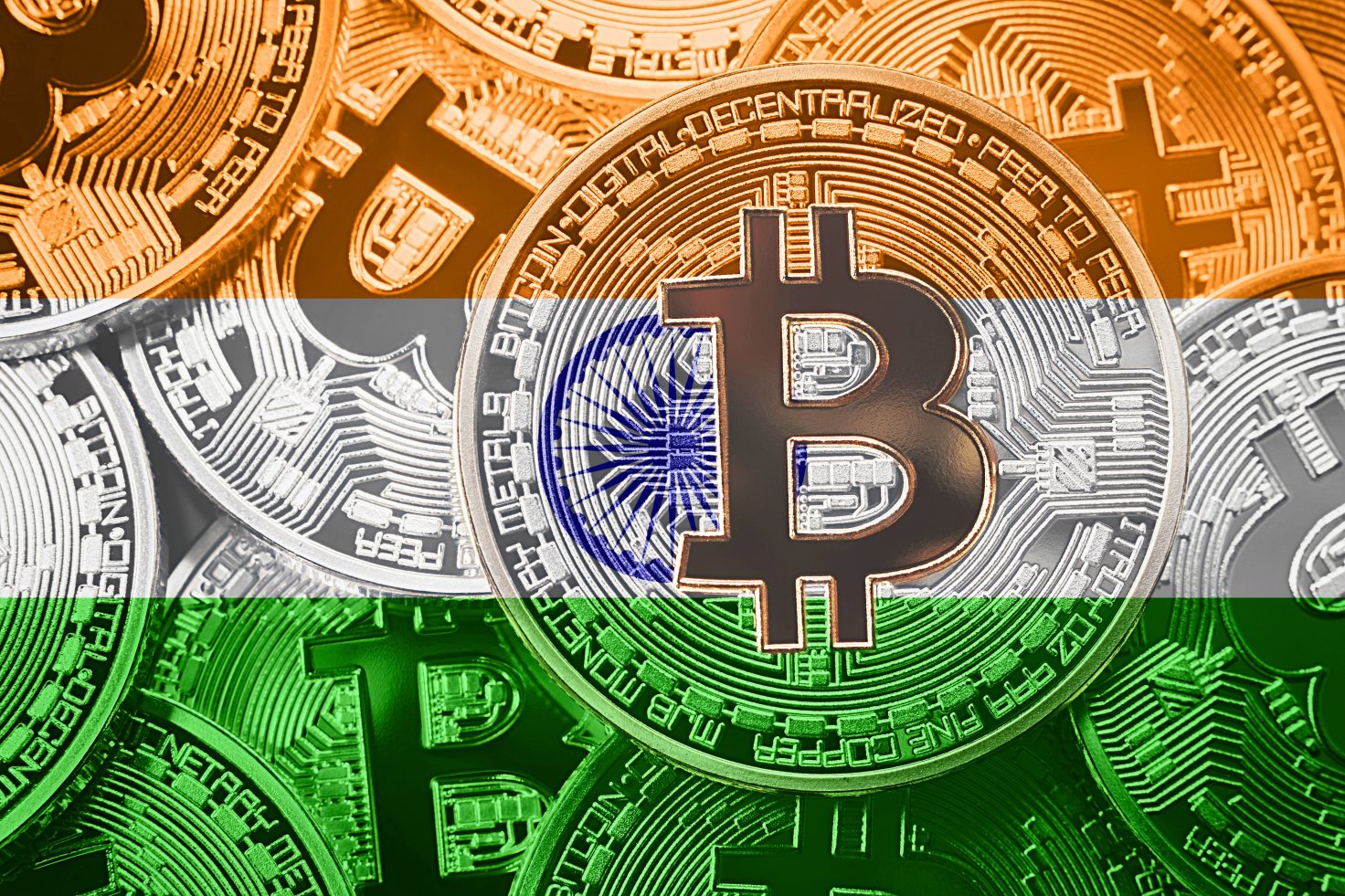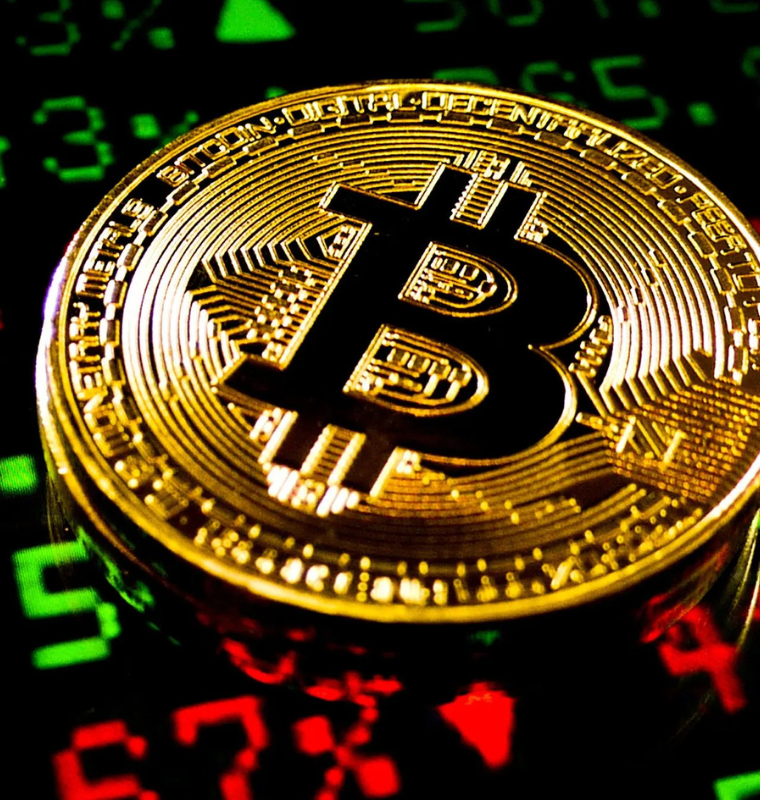India Targets 25 Offshore Crypto Exchanges for Anti-Money Laundering Violations
India Targets 25 Offshore Crypto Exchanges for Anti-Money Laundering Violations
By
Leah Rosenfeld
Last updated:
October 1, 2025
First Published:
October 1, 2025

Photo: cryptodnes.bg
In a significant move to bolster financial integrity, India's Financial Intelligence Unit (FIU-IND) has issued notices to 25 offshore cryptocurrency exchanges for non-compliance with the Prevention of Money Laundering Act (PMLA), 2002. This action underscores the government's commitment to regulating the digital asset market and enforcing anti-money laundering (AML) laws.
Non-Compliance with PMLA
The targeted exchanges, including prominent platforms like Huione, CEX.IO, and BingX, were found to be operating in India without registering as reporting entities under the PMLA. Since March 2023, all Virtual Digital Asset Service Providers (VDASPs) are mandated to register with FIU-IND and adhere to AML and counter-financing of terrorism (CFT) obligations. Failure to comply with these regulations has prompted the recent crackdown.
Regulatory Actions Taken
In addition to issuing notices, FIU-IND has directed the Ministry of Electronics and Information Technology to block the websites and applications of these non-compliant exchanges. This includes removing their presence from app stores and preventing access to their platforms within India. The enforcement actions aim to safeguard Indian users from potential financial risks associated with unregulated platforms.
Impact on the Crypto Ecosystem
This regulatory intervention highlights the growing scrutiny of offshore crypto exchanges operating in India. While the move aims to protect investors and maintain financial stability, it also raises concerns about the accessibility of global crypto platforms for Indian users. The government's approach reflects a balancing act between fostering innovation in the digital asset space and ensuring compliance with national financial laws.
Industry Reactions
The crypto industry has expressed mixed reactions to the crackdown. Some stakeholders view the enforcement as a necessary step to bring transparency and accountability to the sector. Others, however, caution that stringent regulations could stifle innovation and drive users towards less secure platforms. The ongoing dialogue underscores the need for a regulatory framework that supports both security and growth in the crypto ecosystem.
Future Outlook
Looking ahead, the Indian government is expected to continue its efforts to regulate the cryptocurrency market. This may involve introducing clearer guidelines for both domestic and international crypto platforms, enhancing compliance measures, and fostering collaboration with global regulatory bodies. The goal is to create a secure and transparent environment for digital asset transactions, balancing innovation with investor protection.
Popular articles
Subscribe to unlock premium content
Disney’s Timeless Magic and How the Entertainment Giant Continues to Shape Culture and Innovation

Imran Khan’s Economic Missteps Amid Political Chaos in Pakistan

The Philippines’ Digital Shift How Remittances and BPO Are Fueling Growth

Disney’s Timeless Magic and How the Entertainment Giant Continues to Shape Culture and Innovation

Imran Khan’s Economic Missteps Amid Political Chaos in Pakistan

Disney’s Timeless Magic and How the Entertainment Giant Continues to Shape Culture and Innovation









